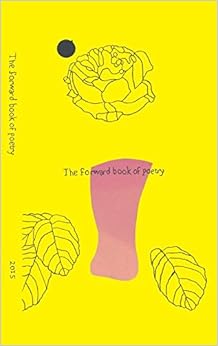
The Future of Us
Jay Asher & Carolyn Mackler
London, Simon & Schuster, 2012, 356p
I didn't expect to enjoy this book as much as I did! I thought it would be yet another young adult romance, but it is so well written and clever that I breezed through it over a busy week.
Josh and Emma have lived next door to each other for years, and have always been best friends. But recently, their relationship changed, when Josh misread the signals and Emma rejected him.
It's 1996 and when Emma installs AOL on her new computer, she gets more than she had bargained for. She finds a website that she assumes is a prank, full of information about what seems to be her future self. But maybe it's not just a prank, and maybe Emma has stumbled upon a way to see her future.
Josh and Emma have very different approaches to dealing with the power they gain from being able to see what is happening in fifteen years time. Josh doesn't want to meddle with things too much, but online he learns that his future involves one of the most beautiful girls in school, and he finds the bravery to make a move. Emma, however, seems unsatisfied with every possible future she creates for herself, and finds fooling around with the tiniest present detail can have a huge impact in years to come.
The novel unfolds over the course of just a few days, with Emma and Josh learning a lot about themselves in a short space of time. I love the concept of this novel - I remember life before Facebook, but many young readers might not; and in spanning the generations, The Future of Us appeals to a wide range of readers.
And with having two protagonists, cleverly written by Asher and Mackler, both with different approaches to this new-found information, the reader can speculate on how they might react if they could see what was going to come of their lives in fifteen years.







